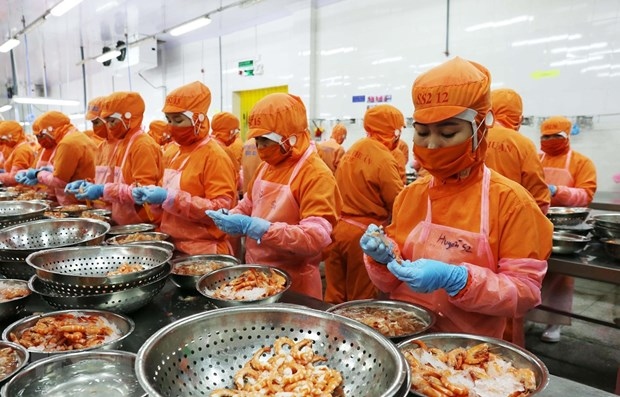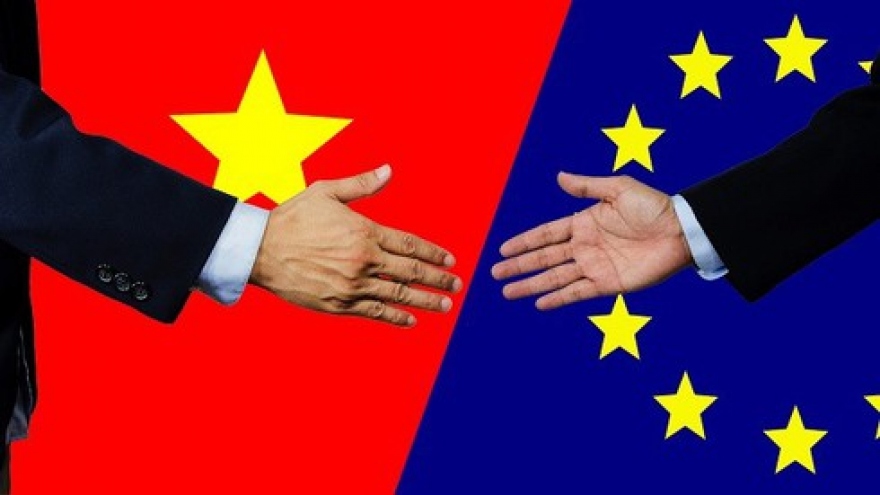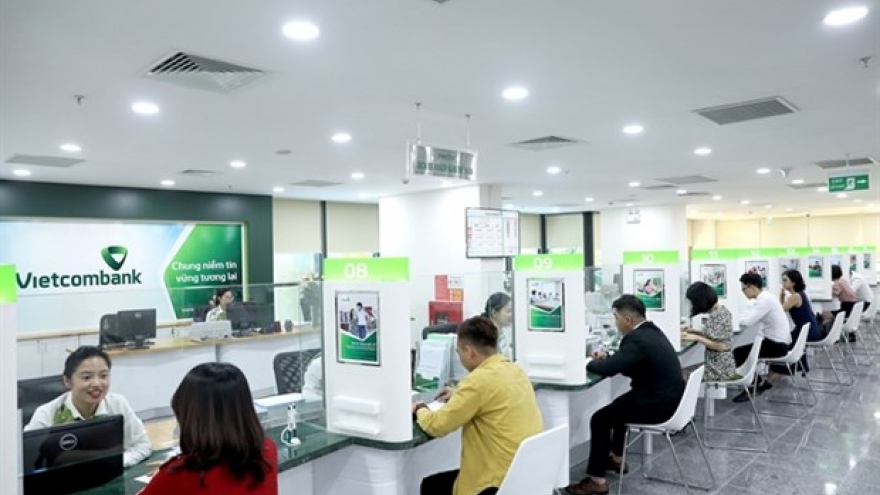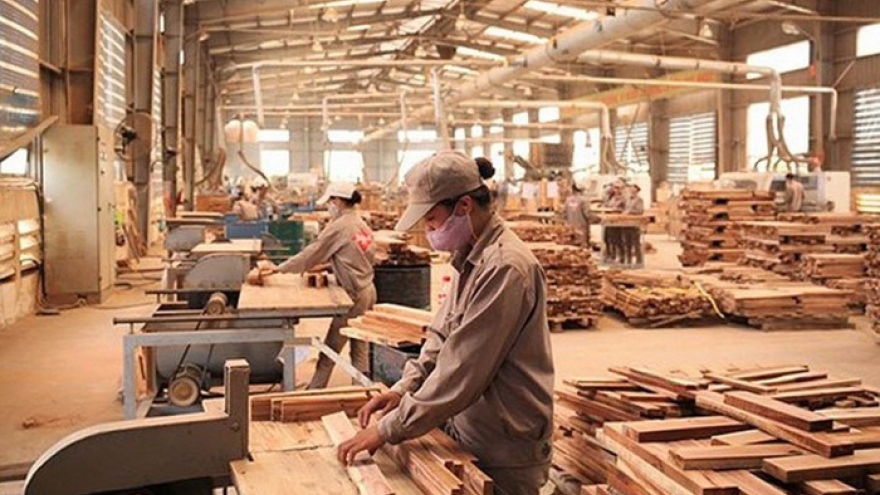Administrative reforms crucial to capitalisation of EVFTA: dialogue
Reforming administrative procedures and improving infrastructure quality are decisive factors in capitalising on the EU-Vietnam Free Trade Agreement heard a dialogue between officials of HCM City and the European Chamber of Commerce in Vietnam on July
Vice Chairman of the European Chamber of Commerce (EuroCham) Jean Jacques Bouflet said over the past years, Vietnam has made considerable strides in adjusting business conditions, improving the investment climate and modernising the legal framework to seize new investment and business opportunities.
The business climate index recently unveiled by EuroCham showed EU businesses’ growing confidence in the country’s development, he said, adding that the EVFTA, already ratified and about to become effective in August, could be considered a vote of confidence from the EU for Vietnam’s international integration efforts.
As the coronavirus outbreak has been causing serious losses to the global economy, the EVFTA is expected to create a momentum for trade and investment in the post-pandemic period.
However, to implement this deal effectively to gain economic benefits and strongly attract FDI from the EU, Vietnam needs to step up administrative reforms and trade facilitation, according to Bouflet.
Bob Fletcher, deputy head of the Transportation and Logistics Sector Committee at EuroCham, noted although Vietnam has made efforts to streamline administrative procedures and align its legal documents with international practices, there remain many problems in reality, such as those related to the granting of certificates of origin and the customs sector’s management mechanism.
Meanwhile, Alexandre Sompheng, head of the chamber’s Digital Sector Committee, pointed out that the country is working hard to digitalise its economy and boost IT application to socio-economic activities. Yet, some local banks still refuse to accept contracts with electronic signatures and ask for paper contracts and photocopies which pose higher risks of being falsified, thus confusing many EU firms.
Given these, EU businesses hope that Vietnam will enhance the consistency and efficiency in policy implementation, step up the building of mechanisms for self-certification of product origin, and create conditions for enterprises to receive preferential treatments in line with commitments, especially when the EVFTA is about to come into force soon.
Aside from administrative reforms, EU firms also called for promotion of infrastructure and logistics quality to better serve commercial activities, particularly e-commerce that is developing strongly.
This will help facilitate not only their distribution of products but also the flow of goods in the country, thereby substantially cutting down transportation expenses.
At the dialogue, Chairman of the HCM City People’s Committee Nguyen Thanh Phong said the EU has been an important economic partner of his city for many years, and it is currently the third largest importer of goods from the southern metropolis of Vietnam.
However, the revenue and market share of HCM City’s exports to the EU have yet to match potential, he said, adding that as the EVFTA is about to take effect soon and promises bright export chances, it is necessary to swiftly remove barriers in terms of mechanism and policy.
Phong affirmed that municipal authorities will take into account EU enterprises’ opinions when building action plans and quickly address local shortcomings in policy implementation. They will also submit proposals to higher authorities on issues beyond the city’s jurisdiction so as to create the best possible conditions for foreign businesses, including EU ones, to operate in the long term.




